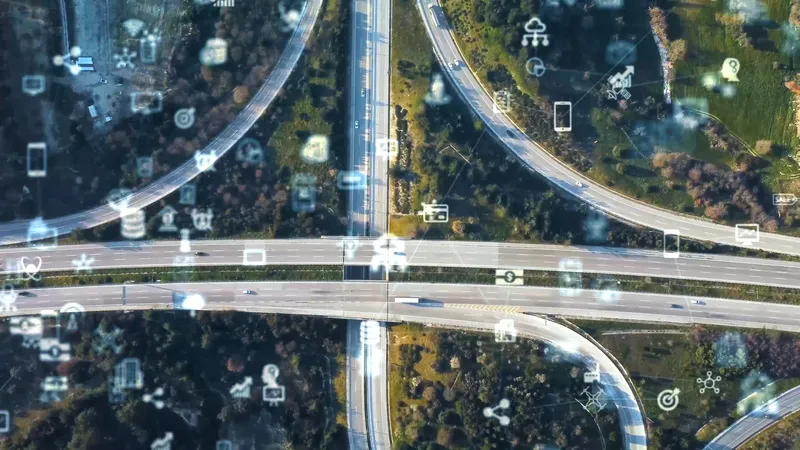The 5G Automotive Association (5GAA) and the European Automotive Telecom Alliance (EATA) have agreed to cooperate on connected and autonomous driving solutions.
They will work together to identify the long and short term technical requirements that need to be addressed, including spectrum-related issues (V2X), agreement on usage modalities of certain bands, security and privacy, as well as vehicle safety requirements to be supported by both mobile network operators and vehicle manufacturers. They say agr
March 6, 2017
Read time: 1 min
The 5G Automotive Association (5GAA) and the European Automotive Telecom Alliance (EATA) have agreed to cooperate on connected and autonomous driving solutions.
They will work together to identify the long and short term technical requirements that need to be addressed, including spectrum-related issues (V2X), agreement on usage modalities of certain bands, security and privacy, as well as vehicle safety requirements to be supported by both mobile network operators and vehicle manufacturers. They say agreement between mobile network operators and vehicle manufacturers is key to developing business models and aligning the timelines of both industries.
The project will also tackle cross-border interoperability, including digital and physical infrastructure, as well as vehicle localisation issues.
They will work together to identify the long and short term technical requirements that need to be addressed, including spectrum-related issues (V2X), agreement on usage modalities of certain bands, security and privacy, as well as vehicle safety requirements to be supported by both mobile network operators and vehicle manufacturers. They say agreement between mobile network operators and vehicle manufacturers is key to developing business models and aligning the timelines of both industries.
The project will also tackle cross-border interoperability, including digital and physical infrastructure, as well as vehicle localisation issues.









